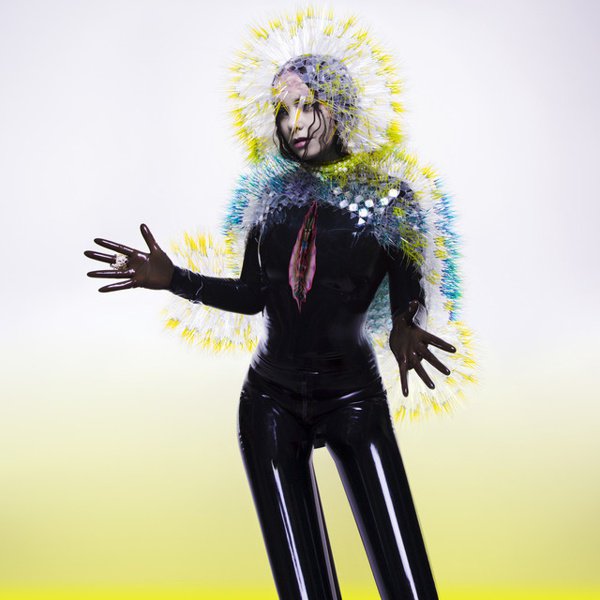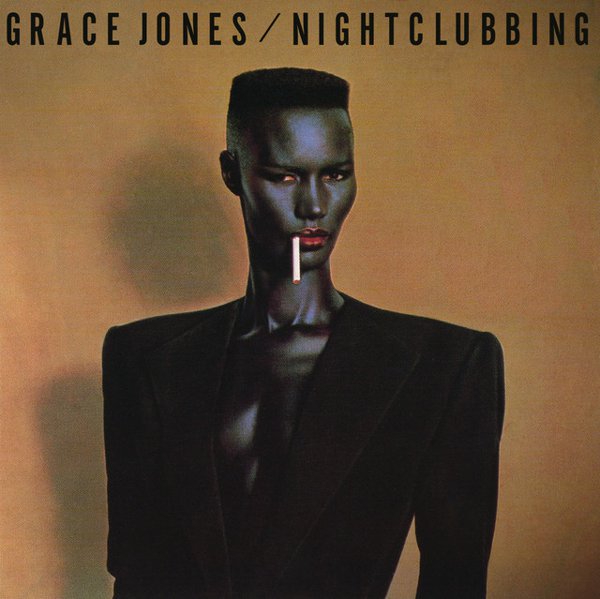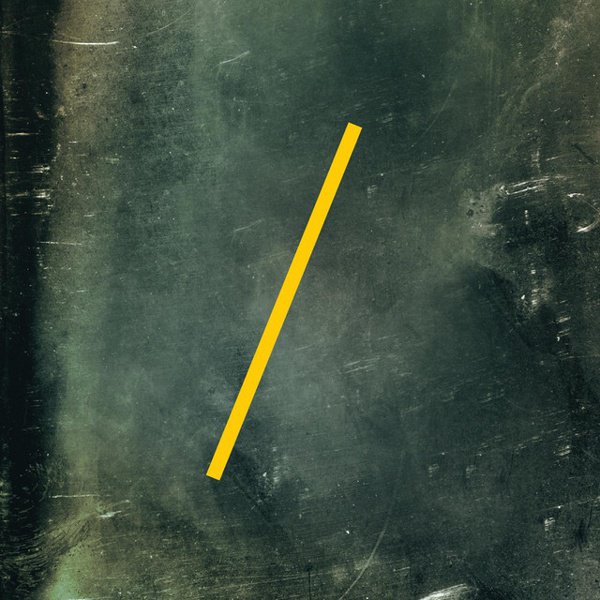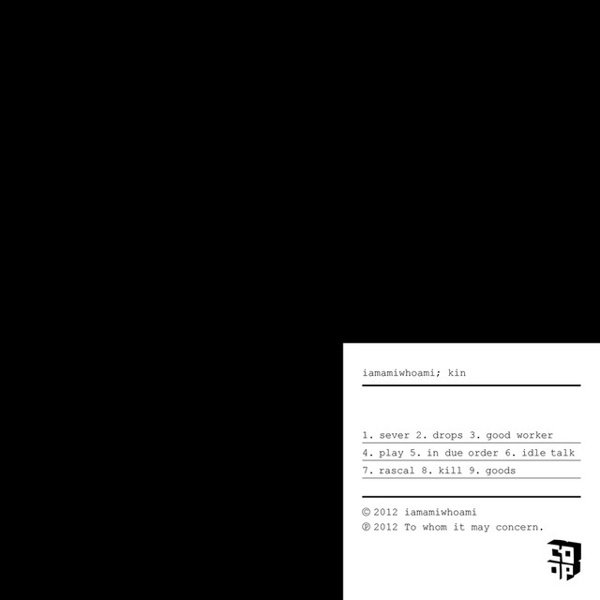Abnormally Attracted To Sin
Abnormally Attracted to Sin, unlike its predecessor, features no Tori-themed dolls, nor obvious conceptual metaverse. But it contains some of American Doll Posse in spirit — Amos repurposed some in-character footage, shot by Christian Lamb on the American Doll Posse tour, as “visualettes” for each song on the album. And it contains that album in sound — AAtS is, if anything, more omni-genre than American Doll Posse was.
There’s a heavy, heady dose of From the Choirgirl Hotel-era electronica, most of which lets Tori play femme fatale. She slinks through vampiric trip-hop on “Give,” drapes herself in the sonic silk of “Abnormally Attracted to Sin,” and stretches flirtatious lyrics like strands of honey on cabaret cut “That Guy.” Even when the femme fatale is her rival, on “Fire to Your Plain,” the spy-flick guitar, her recruitment of her “deviling kin” (in the visualette, Isabel, Santa and Pip), and the “Jolene”-like fixation on the other woman’s bold fire suggest that what Tori really wants are partners in crime. (And goofy ones — this is a song where she sings about “setting the satnav to hell — or would it be a ‘purg-a-Tori’?”)
Not all of this works — when Tori tries to get sparkly on “500 Miles” and “Not Dying Today,” the results are chipper and forgettable. Much better is when she gets heavy. Piano ballads “Ophelia” and “Curtain Call” find Tori writing in her Little Earthquakes mode, decades of experience later. The latter, a requiem of an unnamed starlet’s life of aging and sexual predation (“by the time you’re 25, they will say you’ve gone and blown it/by the time you’re 35, I must confide, you will have blown them all”), ranks among her most brutal work. “Maybe California” and “Starling” excavate deeper still. Both are about suicidality, but the first is an inspirational weepie, a plea “from one mother to the other” to climb down the ledge. “Starling” is the dispatch from mid-despair. The sound has the regular, claustrophobic loop of a music box, where each repetition traces the walls in closer. Tori and Mac Aladdin try to will some buckled-up bootstrap determination into existence on the bridge, then find their melodies and momentum collapse. It, too, is brutal, because it’s absolutely real.










![Throwing Muses [1986] cover](https://images.theshfl.com/6426468011737088_600.jpg)


